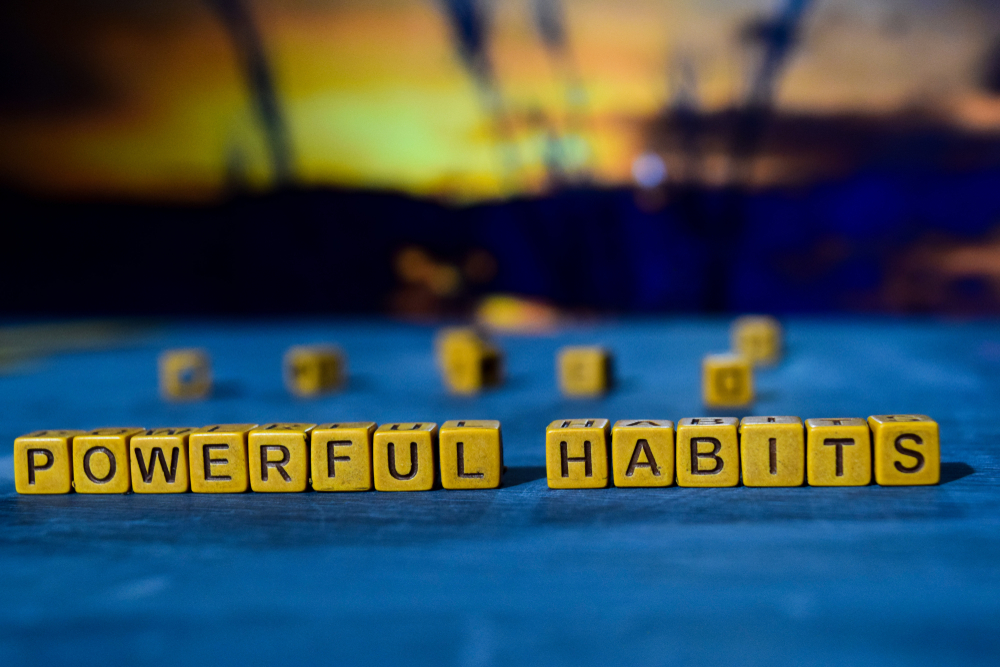More than 40% of our lives are determined by our habits. Therefore, changing a habit or building a new one can have a profound impact on the quality of our lives. The thought that no matter where you are at life right now, it can change completely in under 6 months through small steps taken daily, seems unreal, but is a distinct possibility.
Changing habits can be difficult. So, before you set out to work on those habits, ask yourself: why make the change. The power of knowing why you want to invest your time in a task brings about a sense of purpose that helps in maintaining consistency.
- For instance, if you want to build the habit of regular meditation, remembering that it will help attain a more peaceful state of mind catalyzes the process and keeps you on track. This is an outcome-based approach where the result motivates you to take action.
- An alternative approach is discussed in the book ‘Atomic Habits’ by James Clear, in which he explores the idea of an identity-driven way of building habits. Here, the focus is not as much on the outcome as it is on building an identity. For instance, if you want to exercise daily, imagining yourself as a fit person (linking this label to your identity) will encourage you to act in sync with your goal.
Outcomes are what you strive to get, identity is who you believe you are or can be. While some start the process of building habits by focusing on what they want to achieve (outcome driven), others start by focusing on who they want to become (identity-driven).
The key to habit formation is repetition and the science behind the value of repetition is now clearer.
Every time we perform a task or take action, neurons associated with that task are stimulated. When we do something new or perform a new task, two previously unassociated neurons are linked together. The more we repeat the task the stronger the connections get, until by repeating over a period, performing the task becomes almost involuntary or second nature. As neuropsychologist Donald Hebb described it, ‘neurons that fire together, wire together’.
The power of habit is exemplified in a short story by David Foster Wallace. There are these two young fish swimming along and they happen to meet an older fish swimming the other way, who nods at them and says, “Morning, boys. How’s the water?” And the two young fish swim on for a bit, and then eventually one of them looks over at the other and goes “What the hell is water?”
Find your reason to build a new habit this year; make it as natural and vital to your life as a fish’s ability to swim in water.








